Mapping our regenerative agriculture programme
As part of our work to protect and regenerate nature, Unilever has set a goal to implement regenerative agriculture practices on 1 million hectares of agricultural land by 2030. To do this, we are collaborating with farmers primarily through strong partnerships within our global supplier network.
Our focus is on key regions where we source our essential crops – such as soybeans and rapeseed oil for Hellmann’s, and vegetables and rice for Knorr. Beyond these, we are extending our efforts to cultivate crops like mustard, mint, wheat, corn, tea and coffee.
Our aim is to ensure that more of the raw materials used in our products are grown using sustainable and regenerative practices, helping to strengthen resilience in our agricultural supply chains, and supporting farmers to address the escalating impacts of climate change.
Guided by our Regenerative Agriculture Principles (PDF 8.34 MB), we work closely with suppliers, farming communities and soil experts to implement regenerative agriculture practices to reduce water use, improve soil health, lower greenhouse gas (GHG) emissions, enhance biodiversity and support farmer livelihoods.
By the end of 2024, these efforts had resulted in the implementation of regenerative agriculture practices on 130,000 hectares. Click on the map below to explore some of these projects on the ground and see how, alongside our suppliers, we are working to shape the future of food.
Some of our projects
Charts require JavaScript to be enabled.
Rice: Arkansas, USA, 2021-2025

- Supplier:Riviana
- Project aims:Reduce water use, improve soil health, lower GHG emissions
- Implemented hectares:7,347 ha
- Project details:Unilever, in partnership with Riviana (a rice supplier), is spearheading this project to support Knorr’s supply chain. Regenerative agriculture practices are helping to tackle challenges such as heavy rainfall, prolonged droughts, soil erosion and methane emissions caused by the flooding of large rice fields.
- Key regenerative practices includewater-saving techniques such as Alternative Wetting and Drying (AWD), a method that alternates between flooding and drying rice paddies instead of keeping them constantly submerged. This helps to reduce methane emissions. Additionally, optimised irrigation and improved fertiliser use enhance efficiency, conserve resources and minimise GHG emissions.

Beans, Pumpkins: France, 2021–2024

- Supplier:Ardo
- Project aims:Reduce water use, improve soil health, lower GHG emissions, enhance biodiversity
- Implemented hectares:1,545 ha
- Project details:Unilever, in partnership with Ardo (a supplier of beans and pumpkins), is leading this project to support Knorr’s supply chain. Regenerative agriculture practices are helping to tackle challenges such as soil erosion, pest and disease control, and declining biodiversity.
- Key regenerative practices includeoptimising crop rotation to maintain soil fertility and reduce the risk of pests and disease. Flower strips are helping to attract pollinators such as bees and butterflies, and to enhance carbon capture by enabling plants to absorb and store CO₂ from the atmosphere. Additionally, farmer training sessions are provided.
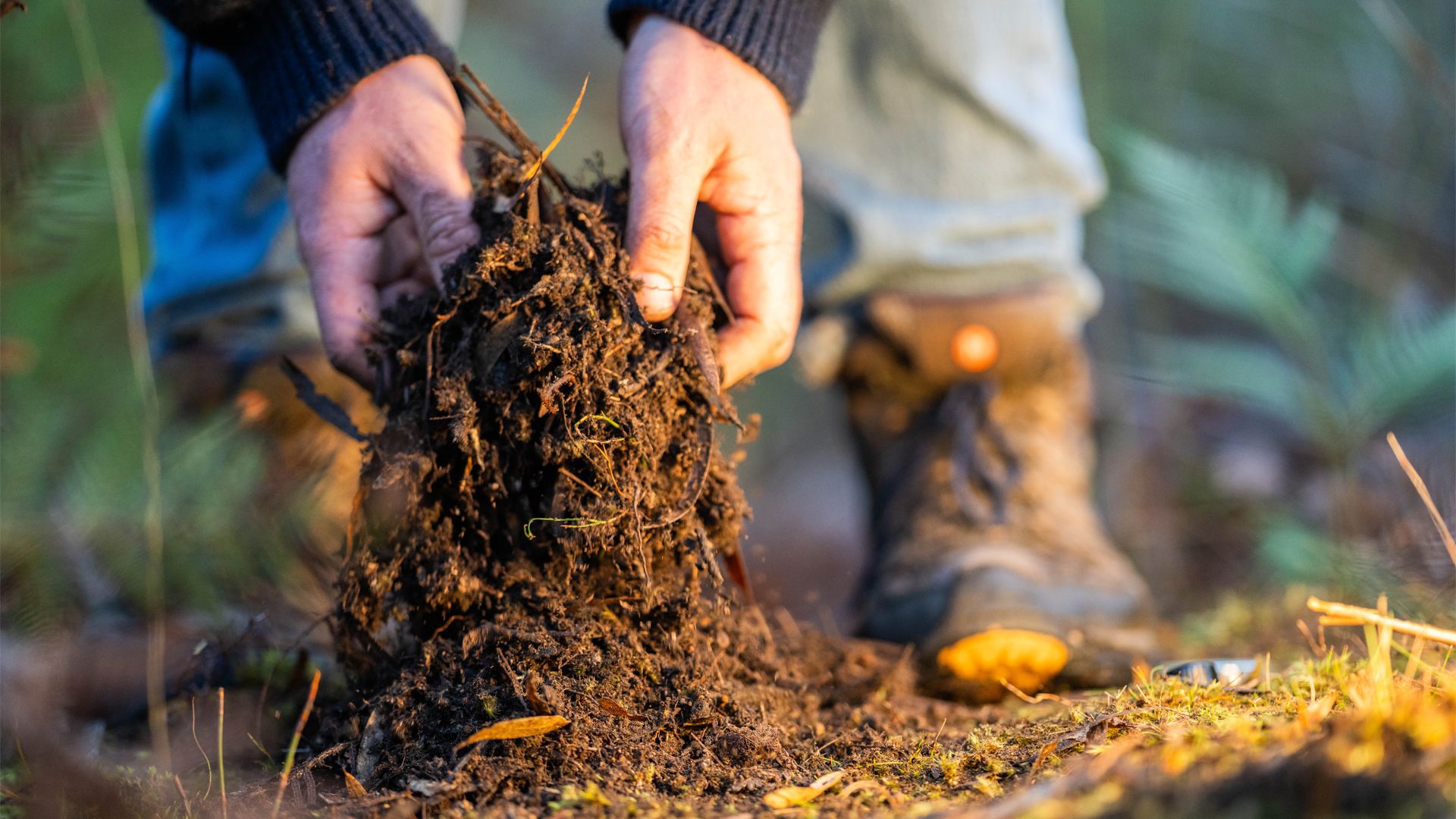
Tomatoes: Badajoz, Spain, 2021–2028

- Supplier:Agraz
- Project aims:Reduce water use, improve soil health, lower GHG emissions, enhance biodiversity
- Implemented hectares:5,626 ha
- Project details:Unilever, in partnership with Agraz (a tomato supplier), is steering this project to support Knorr’s supply chain. Regenerative agriculture practices are helping to address challenges such as low rainfall and drought.
- Key regenerative practices includewater-saving techniques, like precision irrigation, which uses sensors and satellite data to deliver water directly to plant roots, and organic fertilisers to enhance soil structure, moisture and fertility. Indigenous species are planted to expand habitats suited to local conditions, reducing reliance on water, fertilisers and pesticides.
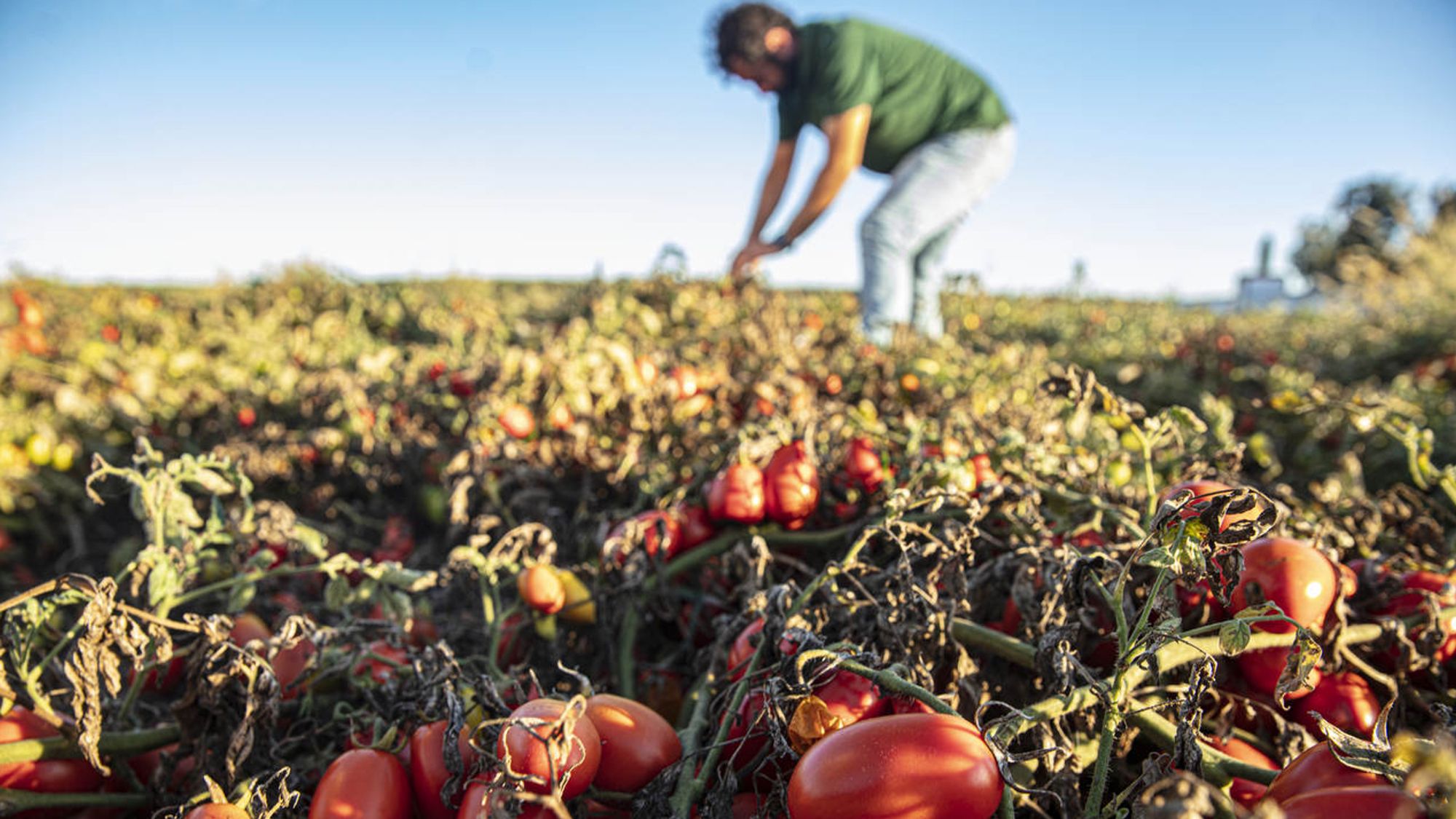
Rice: Italy, 2022–2028

- Supplier:Parboriz
- Project aims:Reduce water use and pollution, lower GHG emissions, enhance biodiversity
- Implemented hectares:2,325 ha
- Project details:Unilever, in partnership with Parboriz and Innovatech, is leading this project to support Knorr’s supply chain. Regenerative agriculture practices are helping to address challenges in rice farming, including water pollution, GHG emissions and declining biodiversity.
- Key regenerative practices includescaling water management and crop rotation across 200+ farmers. Optimised irrigation reduces water waste and improves soil moisture retention, while alternating crops enhances soil structure, lowers the reliance on chemical inputs and boosts biodiversity – creating healthier ecosystems and strengthening climate resilience.
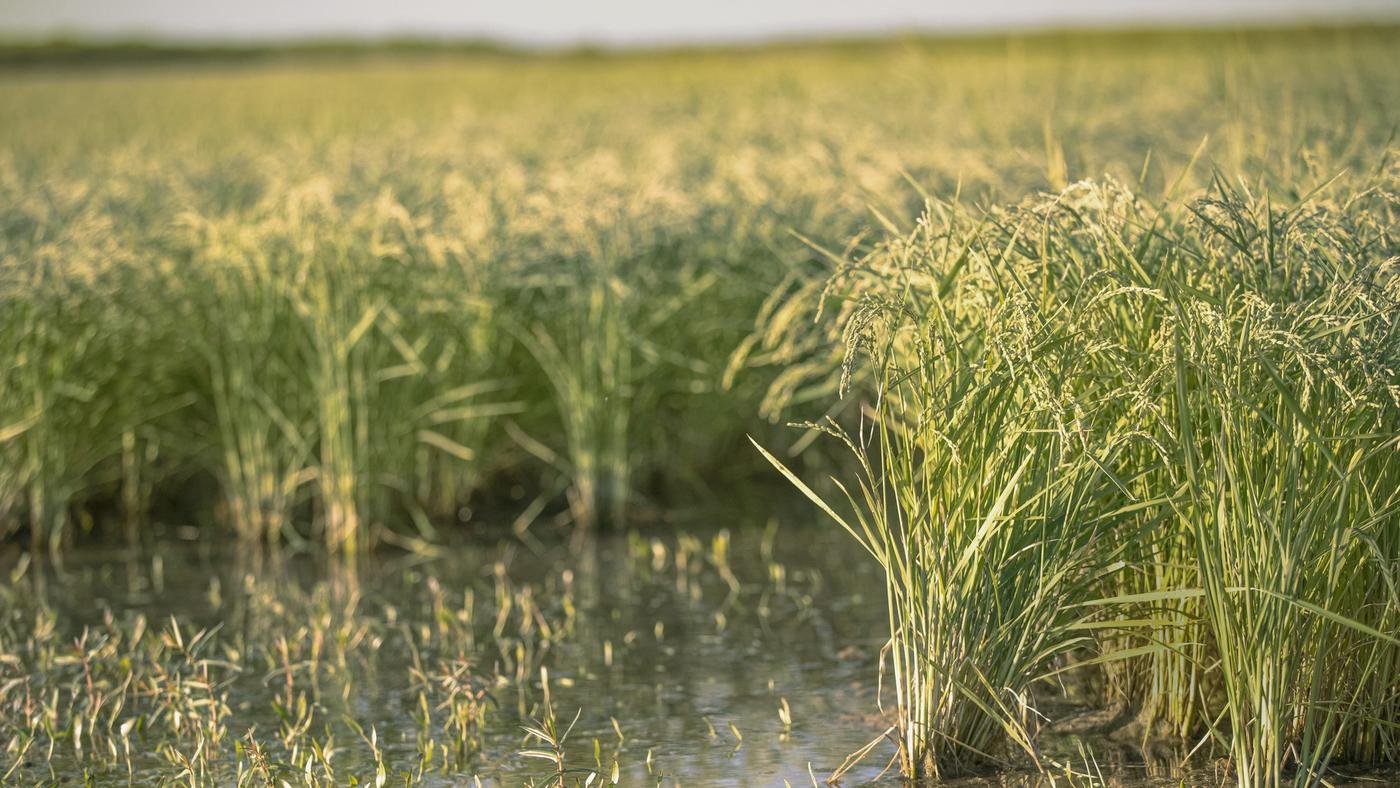
Onions and Garlic: USA, 2022–2025

- Supplier:Olam Food Ingredients (OFI)
- Project aims:Reduce water use, improve soil health, lower GHG emissions, enhance biodiversity
- Implemented hectares:327 ha
- Project details:Unilever, in partnership with OFI (a supplier of onions and garlic), is leading this project to support Knorr’s supply chain. Regenerative agriculture practices are helping to address challenges in vegetable farming, such as degraded soil health, overdependence on chemical inputs and vulnerability to climate extremes.
- Key regenerative practices includeoptimising nutrient use to support plant health and planting cover crops to prevent erosion and attract beneficial insects. Non-chemical pest control is used to enhance biodiversity, and precision agriculture technologies help improve water efficiency and soil health in vegetable farming.
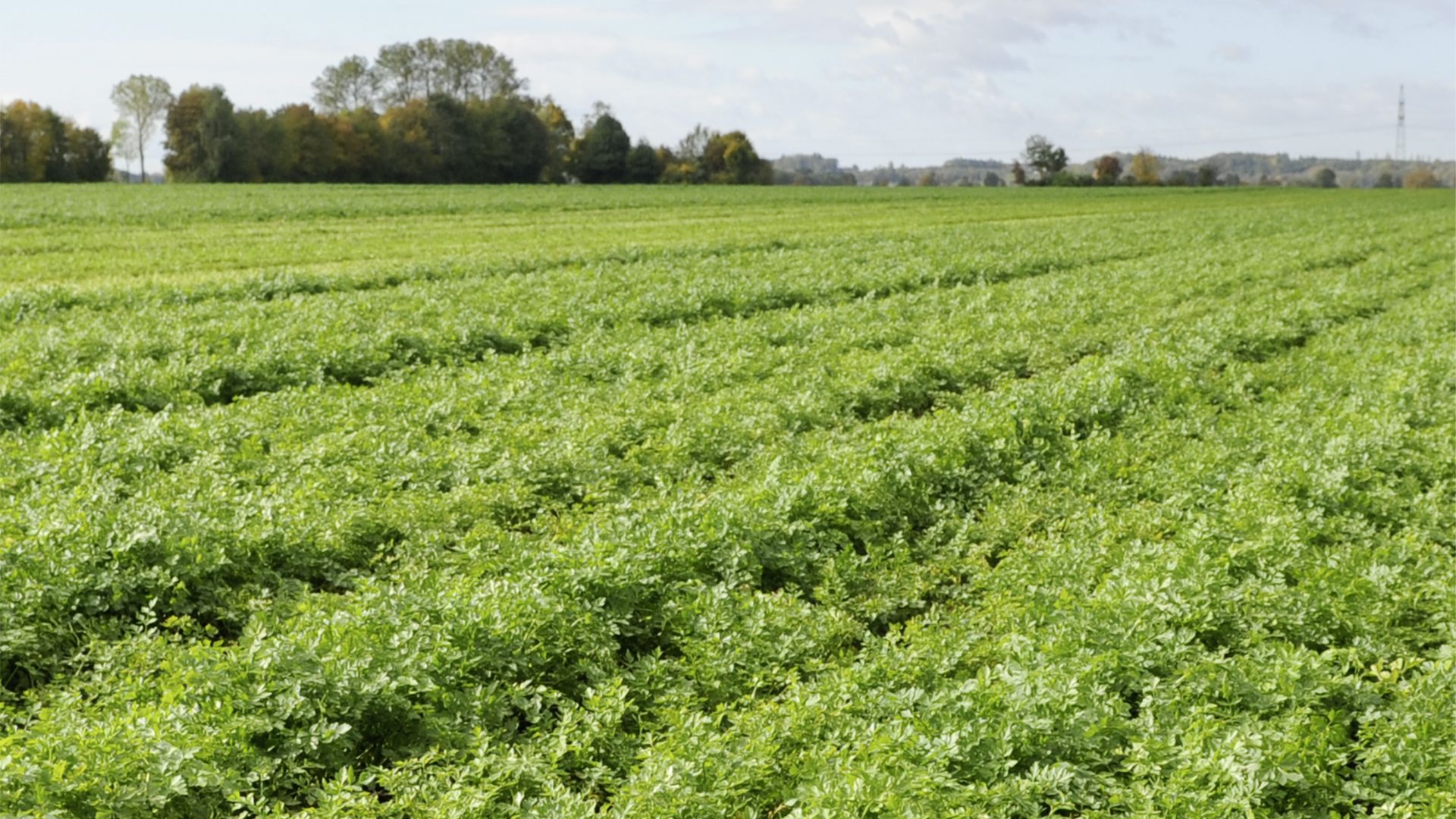
Basil, Cabbages, Carrots, Garlic, Leeks, Onions, Potatoes, Pumpkin, Spinach, Sweet Potatoes, Tomatoes: Argentina, 2022–2026

- Project aims:Reduce water use, improve soil health, enhance biodiversity
- Implemented hectares:134 ha
- Project details:Unilever’s Mendoza plant directly sources – vegetables from local farms to strengthen Knorr’s supply chain. Regenerative agriculture practices are helping to tackle challenges such as water shortages and soil degradation in vegetable farming.
- In 2022, Unilever, in partnership with the National Agricultural Technology Institute (INTA), began transitioning to regenerative agriculture practices with farmers in San Juan and Mendoza who supply our plant in Mendoza.
- Key regenerative practices includeplanting cover crops to enrich soil and improve moisture retention, establishing wildlife corridors to support species habitat connectivity, and introducing native species to restore ecosystems. Additionally, compost is used to enhance soil health, while insect hotels attract pollinators and help manage pests naturally, fostering a balanced and thriving environment.
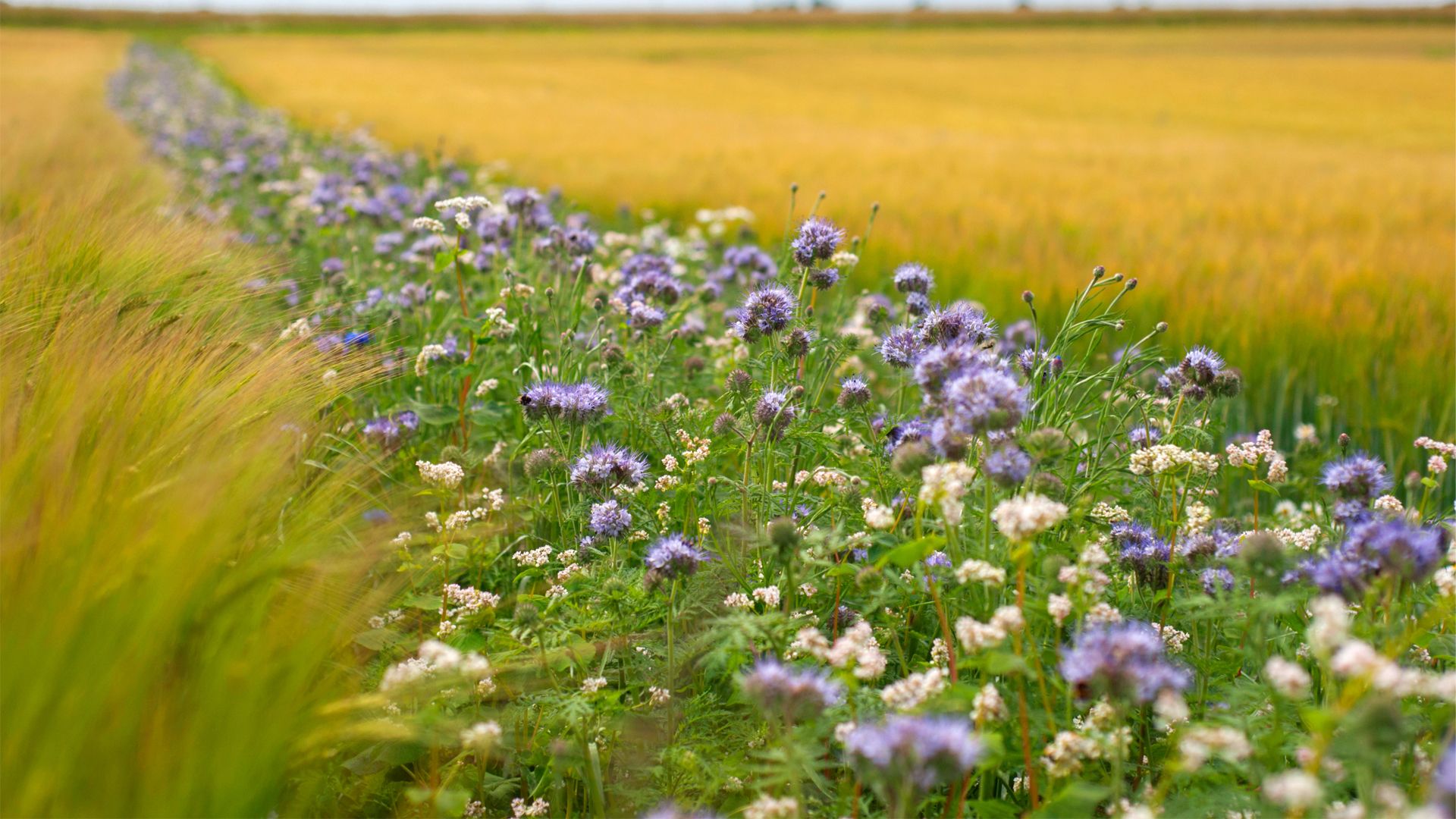
Soybeans: Iowa, USA, 2023–2027

- Supplier:ADM
- Project aims:Improve water quality, boost soil health, lower GHG emissions
- Implemented hectares:77,699 ha
- Project details:Unilever has been working in partnership with ADM, Practical Farmers of Iowa and PepsiCo to drive the Sustainable Soy Cover Crop programme to support Hellmann’s supply chain. Regenerative agriculture practices are helping to address the challenges in soybean farming.
- Key regenerative practices includeplanting cover crops to improve soil health and reducing fertiliser use to mitigate water pollution. This contributes to a healthier ecosystem and enhanced biodiversity. Additionally, financial incentives, technical support and peer networking are provided to help farmers.

Rapeseed: UK, 2023–2028

- Supplier:Frontier (Yelo)
- Project aims:Improve soil health, lower GHG emissions, enhance biodiversity
- Implemented hectares:1,810 ha
- Project details:Unilever, in partnership with Yelo (a rapeseed supplier), is heading this project to support Hellmann’s supply chain. Regenerative agriculture practices are helping to tackle challenges in rapeseed farming, such as climate resilience, pest management and market fluctuations.
- Key regenerative practices includeplanting cover crops to protect and enhance soil health, alternating crops to disrupt pest cycles, practising low tillage to minimise soil disturbance and reduce erosion, and planting pollination strips to attract beneficial insects.
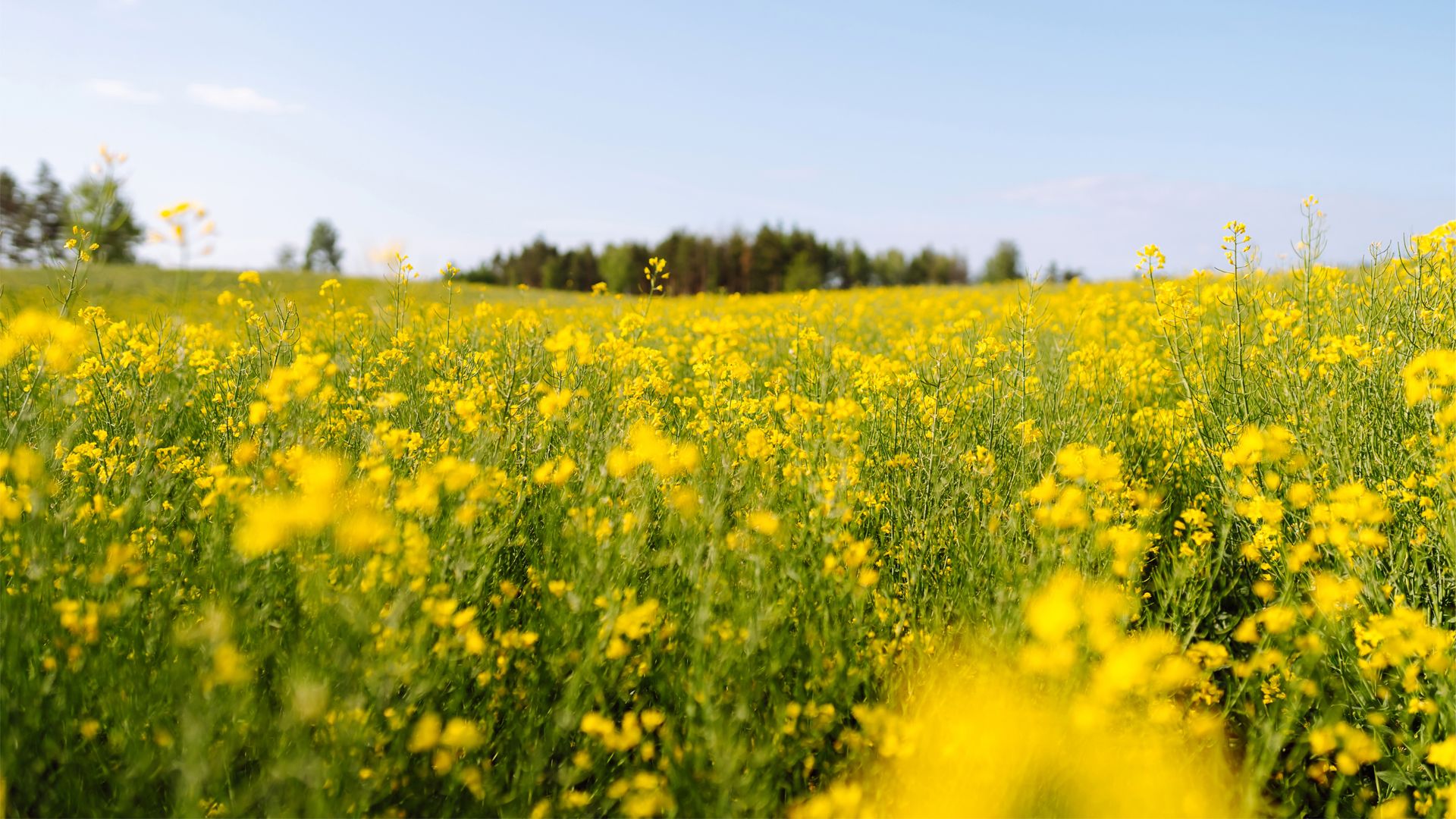
Wheat: Maryland, USA, 2023–2027

- Supplier:PMC
- Project aims:Improve soil health, lower GHG emissions, enhance biodiversity
- Implemented hectares:6,364 ha
- Project details:Unilever, in partnership with PMC (a wheat supplier), is leading this project to support Knorr’s supply chain. Regenerative agriculture practices are helping to tackle the challenge of drought risks in wheat farming.
- Key regenerative practices includeno-till farming where the soil is left undisturbed to preserve its structure, and cover cropping where plants are grown to protect soil health. Precision agriculture is used to enhance resource efficiency. By optimising irrigation, nutrient application and pest control, farmers can reduce their dependency on chemical fertilisers.
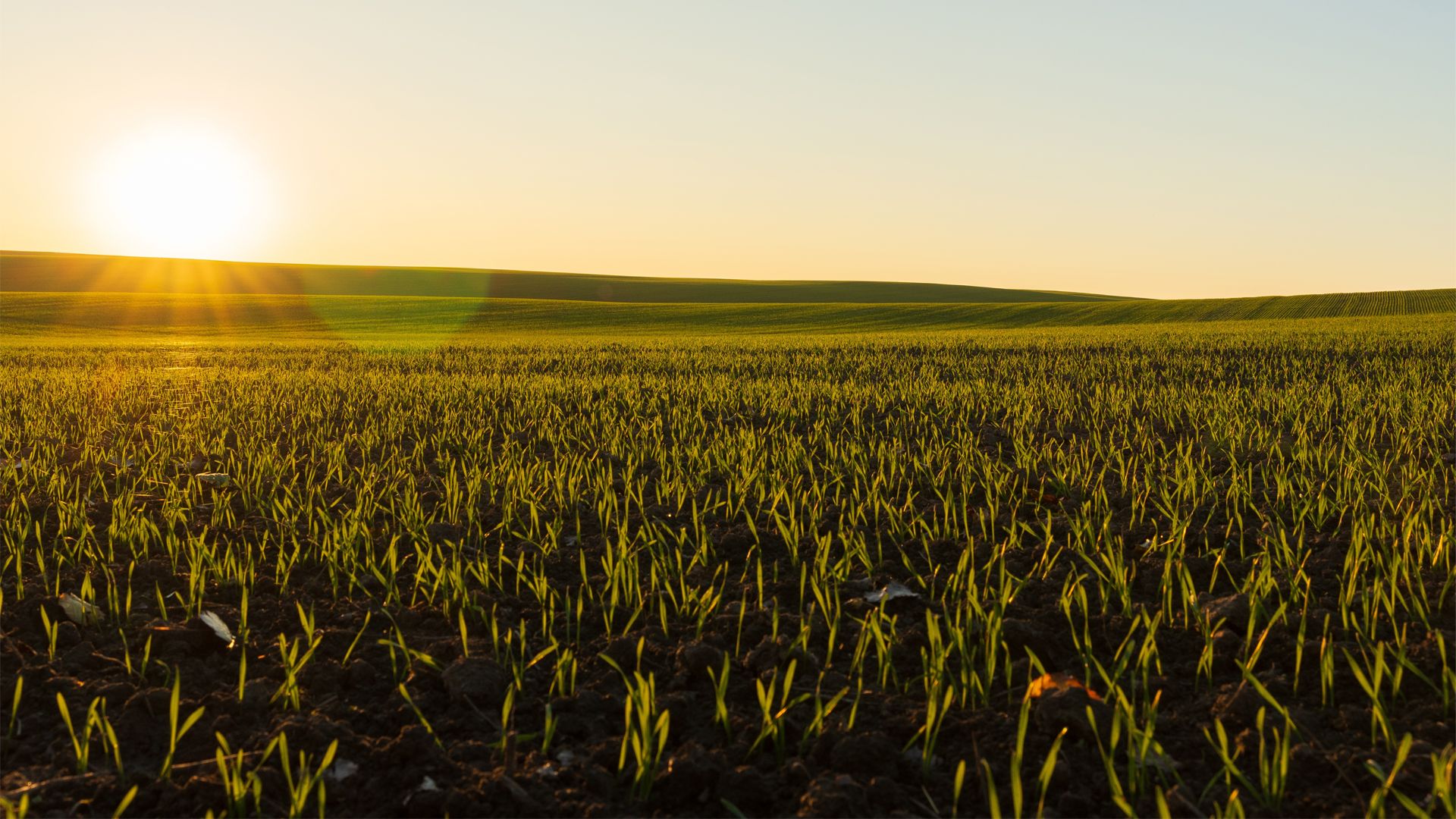
Wheat: Saxony-Anhalt, Germany, 2023–2027

- Supplier:Saalemühle
- Project aims:Improve soil health, lower GHG emissions, enhance biodiversity
- Implemented hectares:1,085 ha
- Project details:Unilever, in partnership with Saalemühle (a wheat supplier), is leading this project to support Knorr’s supply chain. Regenerative agriculture practices are helping to tackle the challenge of drought risks in wheat farming.
- Key regenerative practices includeadvanced soil testing to improve soil health, using organic and fossil-fuel-free fertilisers, planting cover crops to strengthen soil structure and flower strips to attract pollinators. To support adoption, farmers are receiving training sessions to equip them with the knowledge to apply these techniques effectively.
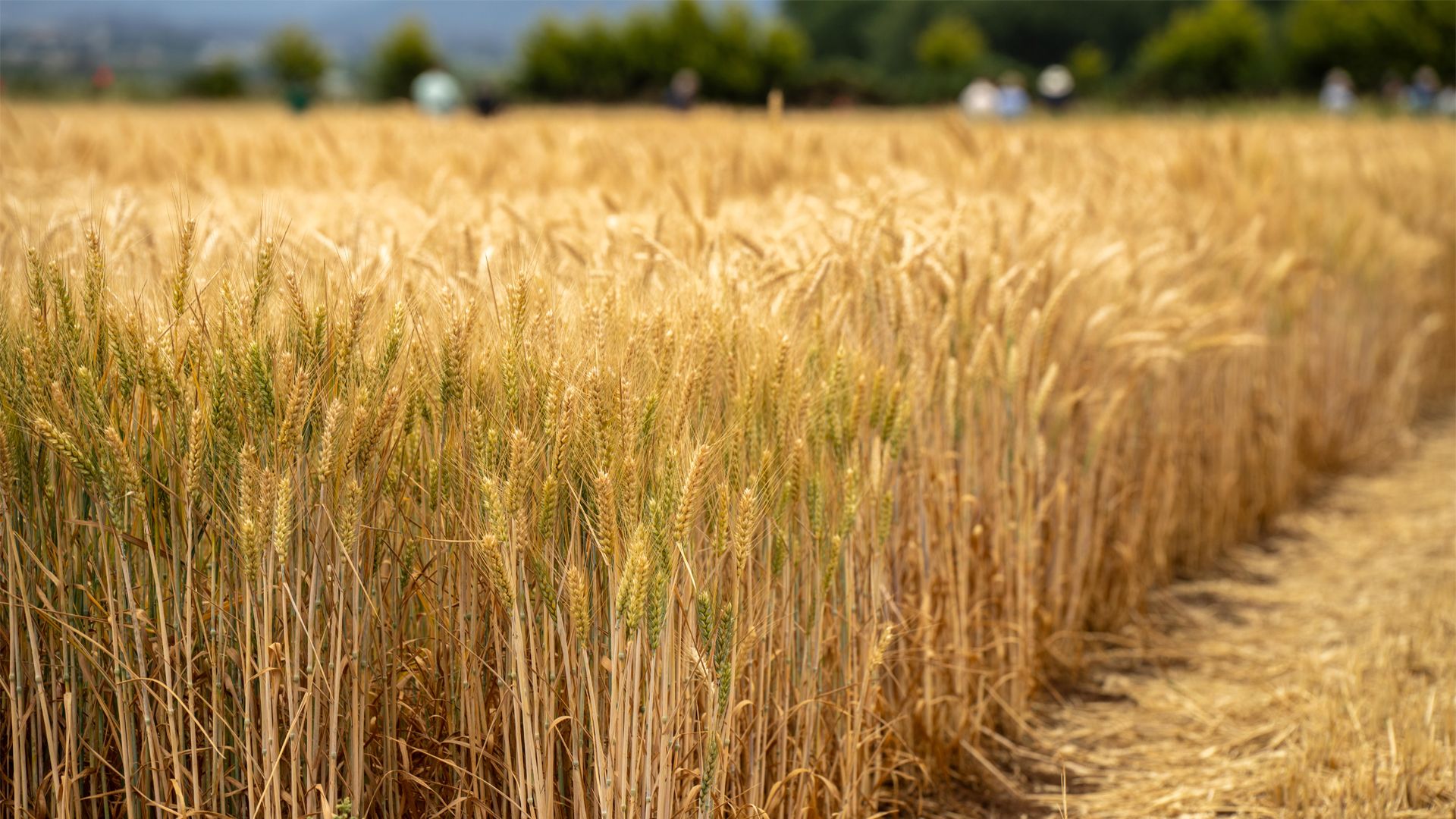
Rice: Northeast, Thailand, 2023–2027

- Supplier:CP Foods and PWS
- Project aims:Improve soil health, lower GHG emissions, enhance biodiversity
- Implemented hectares:312 ha
- Project details:Unilever, in partnership with CP Foods and PWS, is heading a project to support Knorr’s supply chain. Regenerative agriculture practices are helping to address challenges in rice farming, including soil salinity, water scarcity and inconsistent rainfall.
- Key regenerative practices includeplanting cover crops to enrich soil health, low tillage to minimise soil erosion, direct seeding to preserve soil, and tailored fertiliser application to meet crop needs efficiently. Additionally, the use of non-chemical fertilisers improves soil resilience by protecting organic matter, while integrated pest management ensures effective disease control.
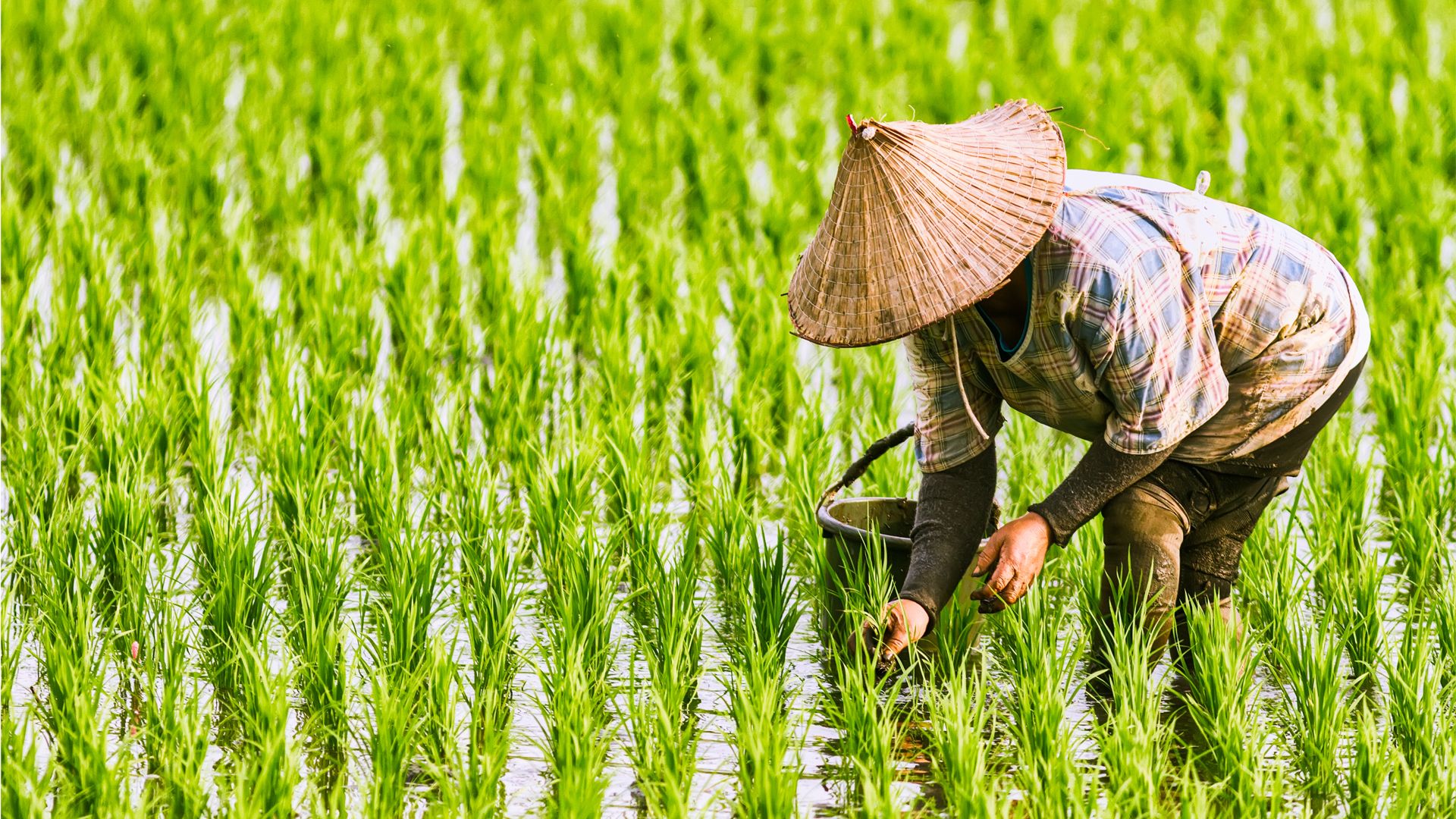
Black Soybeans: East Java, Indonesia, 2023–2028

- Supplier:BSB Cooperatives
- Project aims:Improve soil health, enhance biodiversity, lower GHG emissions.
- Implemented hectares:66 ha
- Project details:Unilever, in partnership with BSB Cooperatives, is steering this project to support the Bango Soy Sauce supply chain. Regenerative agriculture practices are helping to address challenges in Indonesia’s black soybean farming sector, including rising input costs, declining soil fertility and limited access to training.
- Key regenerative practices includetraining to equip growers with sustainable techniques, using natural soil enhancers to improve soil health, and composting to enrich soil with natural nutrients. Additionally, optimised planting patterns help boost yields while maintaining ecosystem balance and long-term soil health.
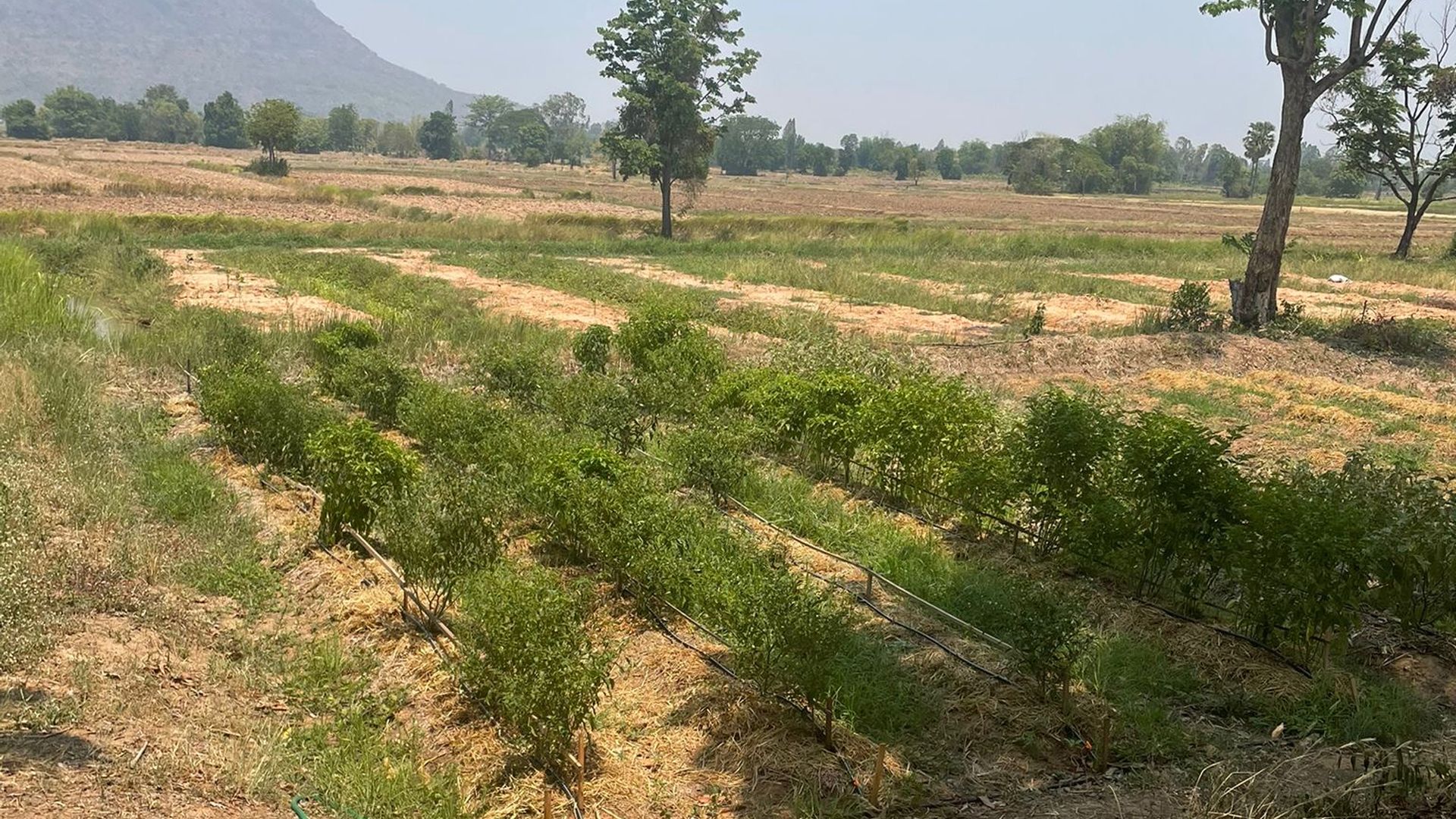
Mustard and Mint: UK, 2023–2028

- Supplier:Condimentum EMG
- Project aims:Reduce water use, improve soil health, lower GHG emissions, enhance biodiversity
- Implemented hectares:90 ha
- Project details:Unilever is collaborating with English Mustard Growers Ltd, Norfolk Mint Growers and NIAB to support Colman’s supply chain. As part of the ongoing trial, regenerative agriculture practices are being explored to help overcome challenges in the UK’s mustard and mint supply chains.
- Key regenerative practices includereducing artificial fertilisers to protect soil health and prevent water pollution, and planting companion and cover crops to boost biodiversity, improve soil structure and enhance nutrient cycling. Additionally, the use of drip irrigation maximises water efficiency and conserves resources.
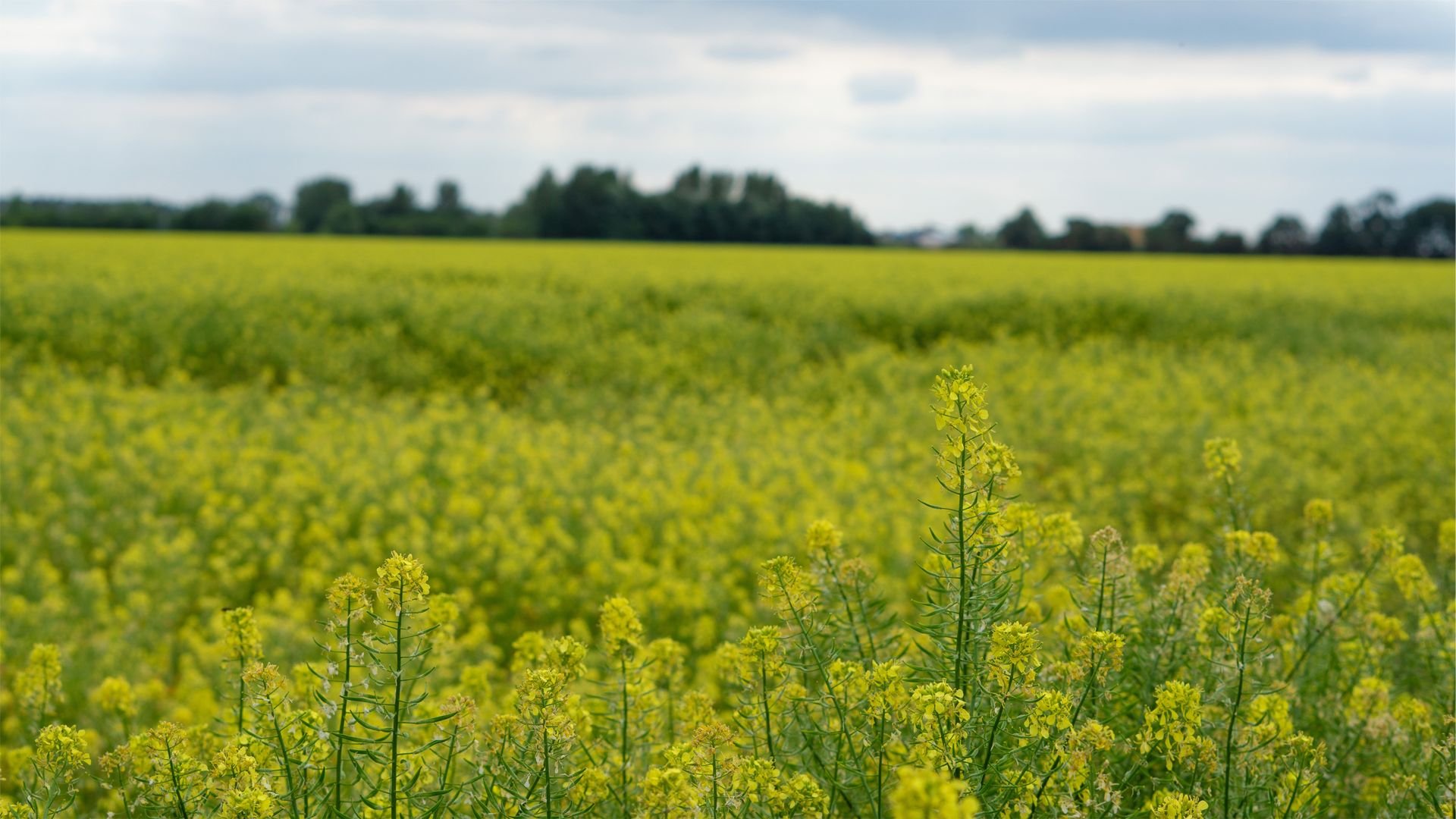
Coffee: Karnataka and Kerala, India, 2024–2027

- Supplier:Various local farmer groups and organisations
- Project aims:Reduce water use, improve soil health, lower GHG emissions, enhance biodiversity
- Implemented hectares:6,377 ha
- Project details:Unilever is collaborating with local groups in Karnataka to support BRU’s supply chain. Regenerative agriculture practices are helping to tackle the impact of climate change on coffee farming.
- Key regenerative practices includecultivating climate-resilient coffee varieties that withstand environmental challenges, enriching soil health with natural fertilisers like compost and manure, and leveraging advanced technologies for precise water and soil management. These methods aim to improve crop resilience while also contributing to long-term soil fertility and efficient resource use. With its ‘no-deforestation validation’, the programme reinforces its commitment to forest conservation.
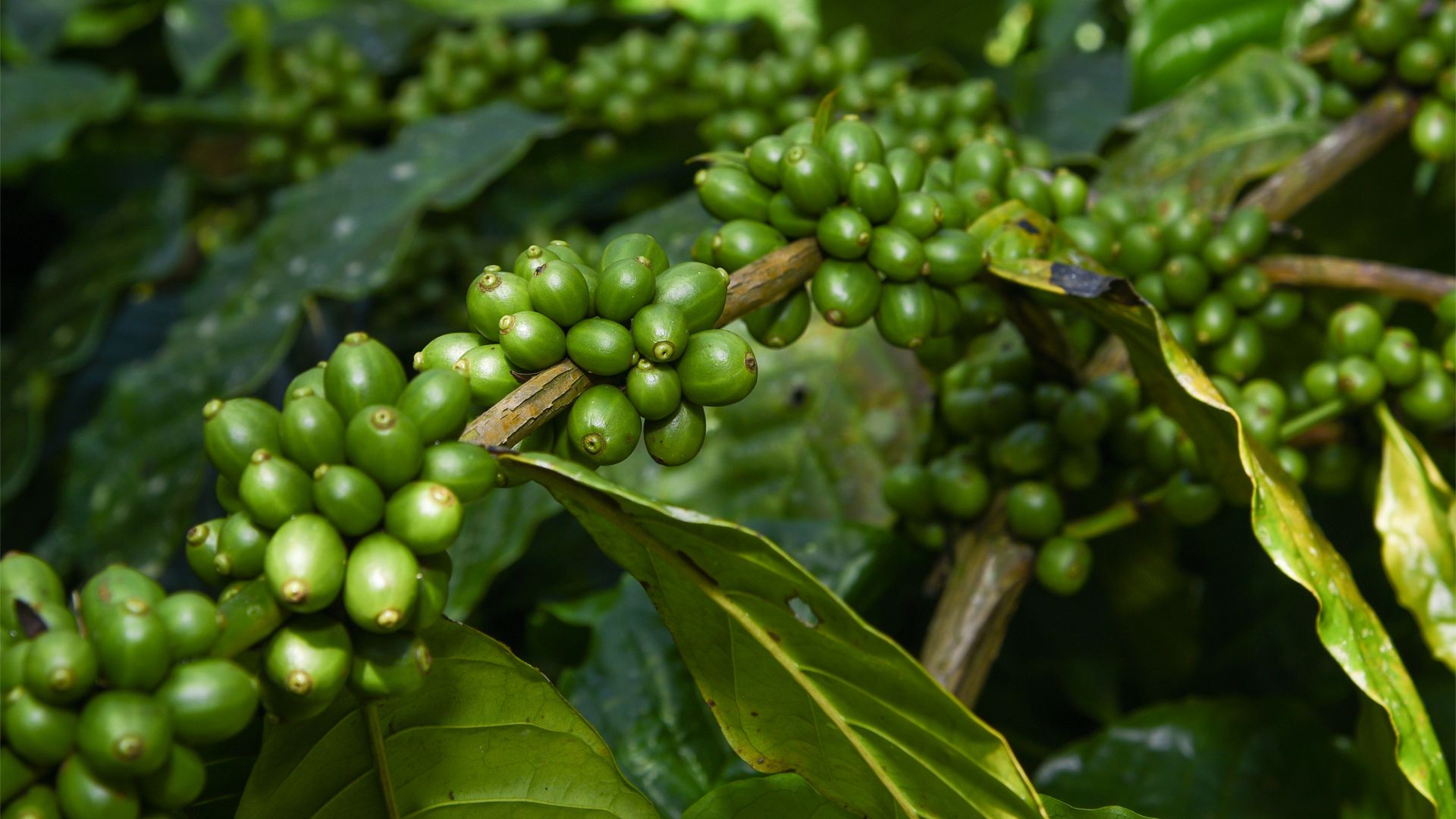
Tea: Assam and West Bengal, India, 2024–2027

- Supplier:Various local tea estates and small tea growers
- Project aims:Reduce water use, improve soil health, lower GHG emissions, enhance biodiversity
- Implemented hectares:6,601 ha
- Project details:Unilever is collaborating with local tea estates in Assam and West Bengal to support Red Label’s supply chain. Regenerative agriculture practices are helping to tackle the impact of climate change on tea farming.
- Key regenerative practices includecultivating climate-resilient tea varieties, enriching soil with natural fertilisers like compost and manure, and leveraging advanced technologies for precise water and soil management. These methods enhance crop resilience, soil fertility and resource efficiency while supporting small tea growers by reducing water use, improving soil health and strengthening tea bush resilience. By minimising chemical inputs, the initiative aims to lower greenhouse gas emissions and boost biodiversity. Through intensive training and field demonstrations, smallholders gain the tools to adopt regenerative agriculture practices, ensuring better yields, economic stability and climate resilience. With its ‘no-deforestation validation,’ the programme maintains a strong commitment to forest conservation.
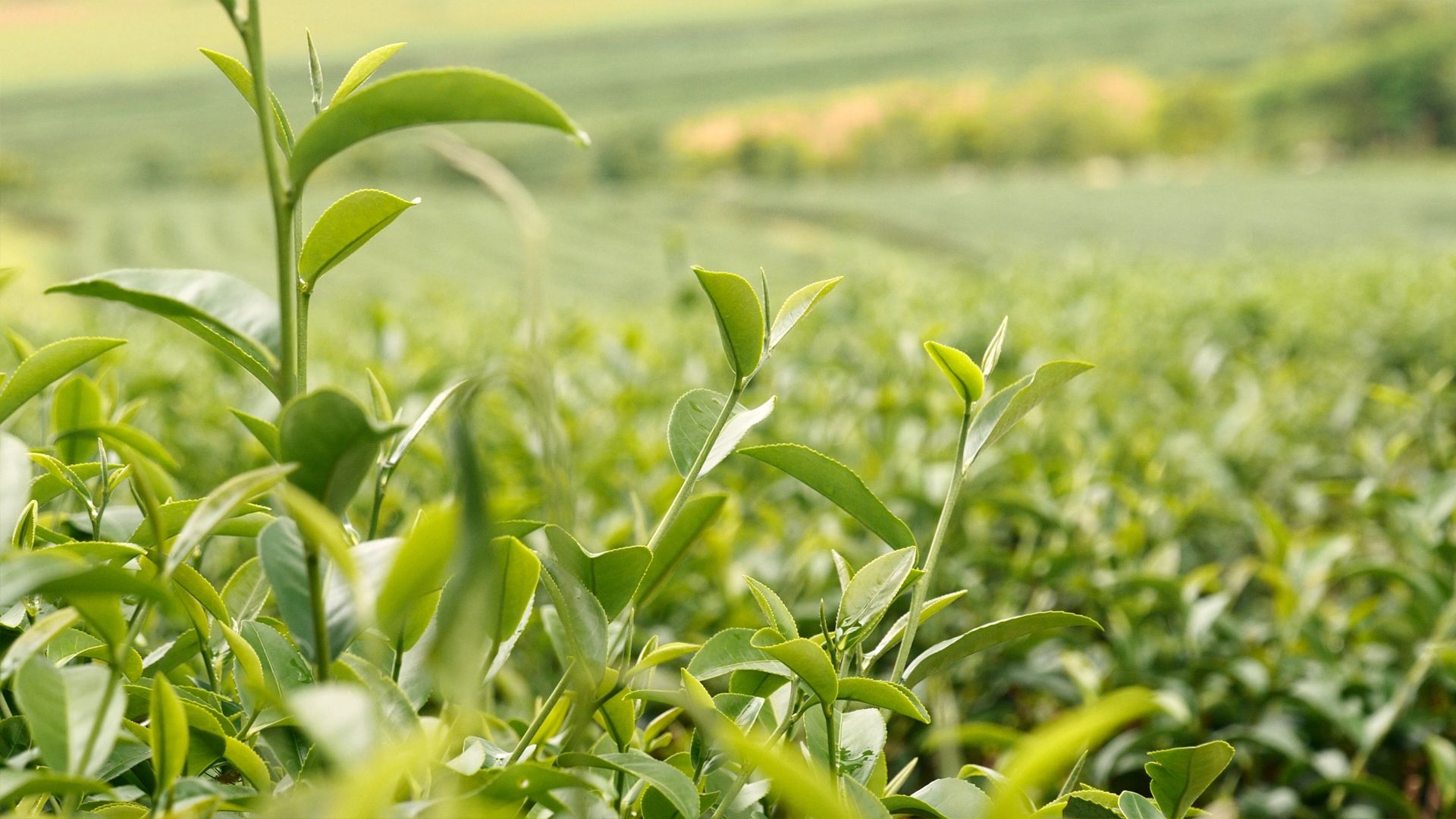
‘Implemented hectares’ refers to the number of hectares implemented by 31 December 2024.